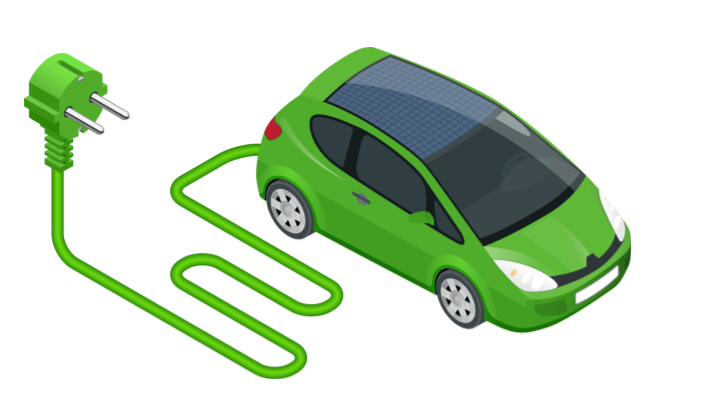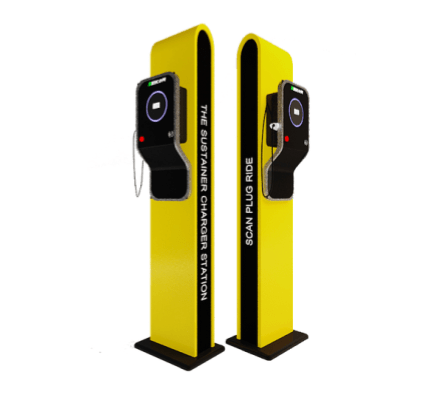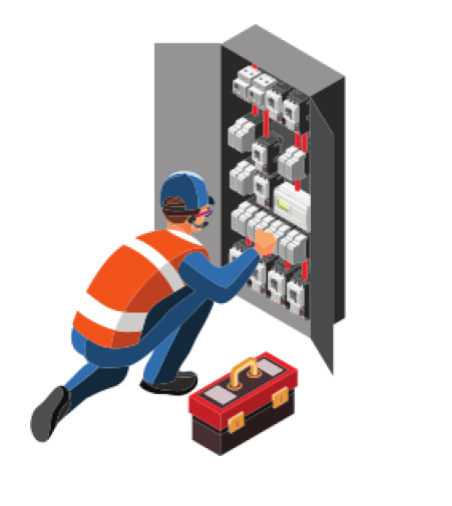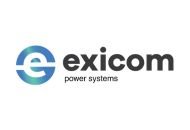
In a world increasingly focused on sustainability and environmental responsibility, electric vehicles (EVs) have emerged as a promising solution to reduce carbon emissions and combat climate change. As more individuals and businesses transition to electric transportation, the demand for Electric Vehicle Charging Stations (EVCS) has surged, transforming them into indispensable assets for any forward-thinking community.
Whether you’re a passionate EV owner or a business owner seeking to attract eco-conscious customers, the idea of installing an EV charging station may seem daunting at first. But fear not! In this comprehensive guide, we will demystify the process, breaking down each step to help you confidently navigate the installation of your very own EV charging station.
1. Assessment and Planning

- Determine the need: Assess the demand for EV charging infrastructure in the target location, whether it’s a residential, commercial, or public setting.
- Analyze electrical capacity: Evaluate the existing electrical infrastructure to ensure it can support the additional load from EV chargers. Conduct a load analysis to determine the available capacity and any necessary upgrades.
- Site selection: Identify suitable locations for the EV chargers based on factors like parking availability, accessibility, and proximity to power supply.
2. Permitting and Approvals

- Research local regulations: Understand the local building codes, zoning ordinances, and permitting requirements related to EV charger installations.
- Obtain necessary permits: Submit permit applications and associated documentation to the relevant authorities for review and approval.
3. Electrical Infrastructure Upgrades

- Conduct electrical upgrades: If the existing electrical system does not have sufficient capacity, it may need upgrades such as panel upgrades, circuit installations, or transformer installations.
- Coordination with utility company: Coordinate with the utility company to ensure proper electrical connection and metering for the EV charging stations.
4. Charger Selection and Procurement

- Choose appropriate chargers: Select the EV charging equipment that aligns with the desired charging speed, connector types, and features suitable for the location and anticipated user needs.
- Procure chargers: Purchase the EV chargers from reputable suppliers or manufacturers. Consider factors like warranty, reliability, and compatibility with future technologies.
5. Installation and Infrastructure Setup

- Hire qualified electricians: Engage licensed electricians with experience in EV charger installations to handle the electrical wiring and ensure compliance with safety standards.
- Mounting and connection: Install the charging stations according to manufacturer guidelines, ensuring proper placement, secure mounting, and connection to the electrical supply.
- Networking and payment systems: Set up any necessary networking or communication systems, as well as payment solutions if applicable, to enable user access and payment for charging services.
6. Testing and Commissioning

- Testing and inspection: Conduct thorough testing of the installed EV chargers, electrical connections, and safety features to ensure proper functionality and compliance with regulations.
- Certification and compliance: Obtain any required certifications or compliance documentation from relevant authorities or regulatory bodies.
7. Launch and Maintenance

- Publicize availability: Announce the availability of the EV charging stations to the intended user base through marketing channels, signage, and communication platforms.
- Ongoing monitoring and maintenance: Regularly inspect and maintain the charging stations, ensuring they are in good working condition. Address any reported issues promptly and consider periodic software updates or hardware upgrades.
It’s important to note that the specific steps and requirements may vary depending on the location, type of installation (residential, commercial, or public), and applicable regulations. Engaging professionals with expertise in EV charger installations can help navigate the process smoothly and ensure compliance with safety and regulatory standards.


